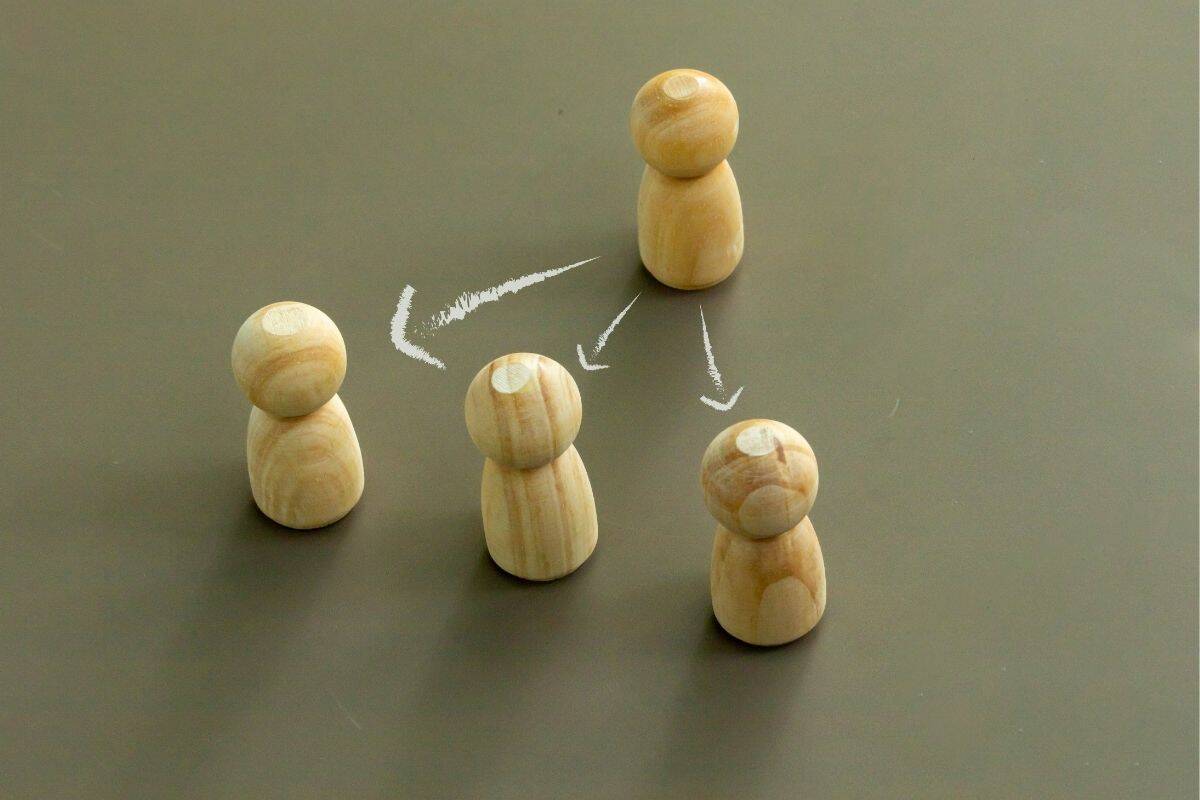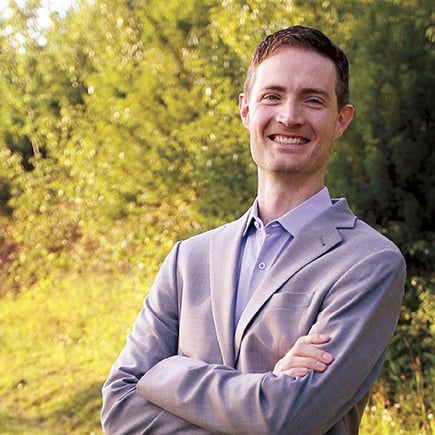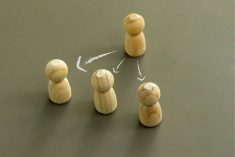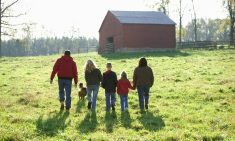There can be many reasons why an additional farm business may succeed or fail. Often, it actually has nothing to do with farming. For the Kolks, a series of decisions over the years paved the way for the K3 Seeds acquisition.
Professional development: Both Leighton Kolk and son Jordan believe in professional development. Kolk is part of the Allied Marketing Group. The peer group regularly meets to discuss industry news, production practices and the feedlot they co-own in Saskatchewan.
Similarly Jordan went through Danny Klinefelter’s famous curriculum at Texas A&M, TEPAP — The Executive Program for Agricultural Producers. The course includes agribusiness principles, HR and finances, and the young Kolk speaks highly of the program. “When everyone is open and honest, the things you learn are kind of amazing,” Jordan says. He still keeps in touch with many of his peers through TEPAP’s alumni network.
Read Also

Executive decisions: what and when to delegate on the farm
Consider the end state you’re working to achieve on your farm when deciding what tasks to delegate, when to do so and on whom, farm management advisors recommend.
Finances: Leighton has been with the same financial institution for 33 years, and his parents were part of it, too, going back to the early 1960s. The long-standing relationship helped him secure the terms of the K3 Seeds sale. “The fact that there was a livestock operation tied to the purchase was helpful. It gave the bank some confidence to say, ‘We know you know the beef production and we know you can make that side of it work.’”
Commitment: Leighton and Elinor forced all their kids to work off-farm for other people and obtain life experience if they wanted to return to the farm. For Jordan, that meant raucous days and sleepless nights in Australia and New Zealand as a custom harvester — which Devan also did years later — before returning to the farm with a committed mindset in 2011. Megan also worked away from the farm with a veterinarian in Okotoks, Alta. All three attended post-secondary, as well.
Culture: The Kolks bought a business and inherited a staff they did not hire. That initial employee core is nearly gone and things operate differently than before. There were no hard feelings with the business change, but Kolk felt it was necessary to bring in his own management culture. He says it is a non-negotiable for any business, whether ag-driven or separate.















